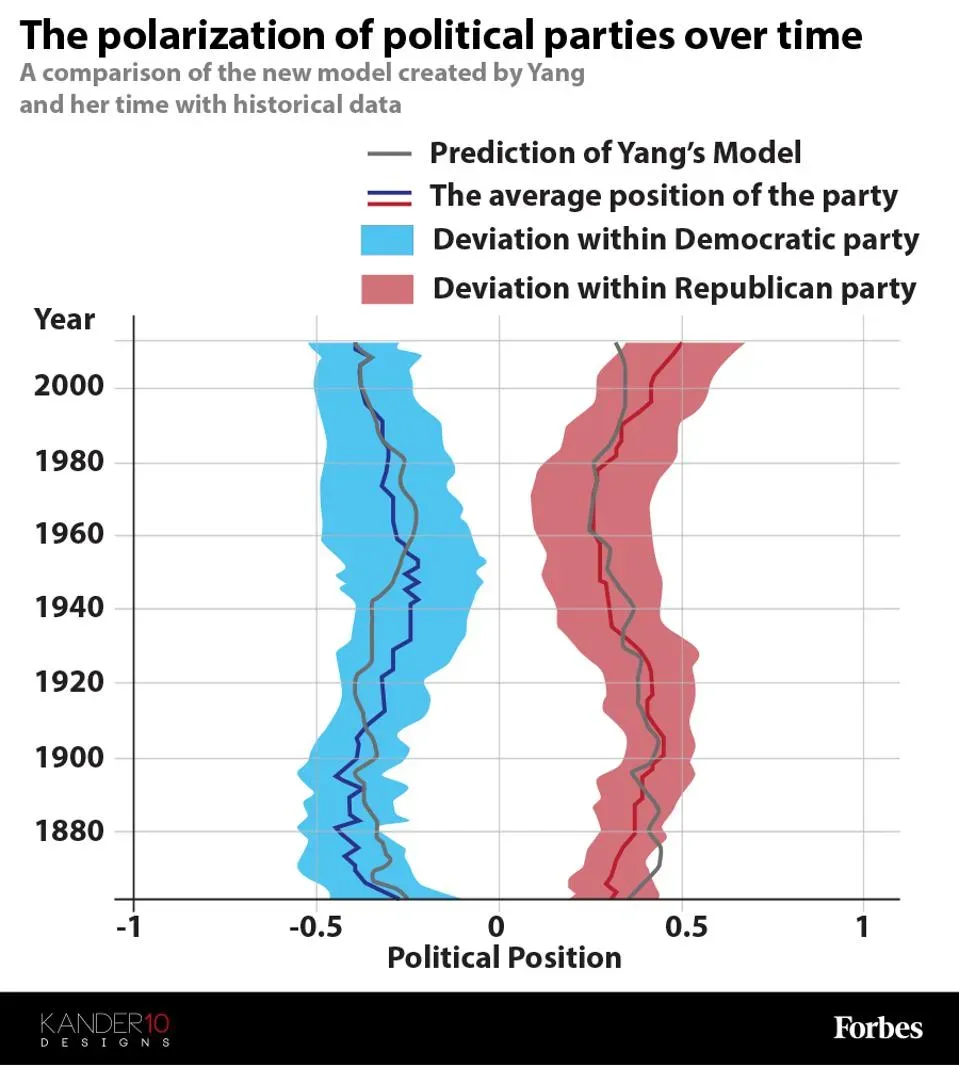Political polarization is reshaping democracies by turning complex policy debates into stark, winner-takes-all choices. Across many democracies, citizens, media outlets, and institutions increasingly view issues through binary frames, narrowing dialogue and raising the costs of compromise. This shift matters not only for which policies gain support, but also for how leaders speak and how communities engage with one another. By examining the roots of this division, we can better understand its manifestations in governance, media ecosystems, and everyday civic life. This introduction points to the drivers behind the split and to practical opportunities for fostering constructive, bipartisan engagement.
From a deeper perspective, understanding the causes of political polarization helps explain why divides endure across media ecosystems, political institutions, and identity groups. A growing share of residents aligns with party narratives that reflect pre-existing identities, mobilizing social loyalties that outsize policy nuance and skew information flows. Echo chambers, algorithmic amplification, and selective exposure fortify us-versus-them mental models, making compromise feel risky and signaling that disagreement threatens belonging. Yet the same forces that fracture deliberation also offer avenues for recovery when policy design, civic education, and media literacy are oriented toward inclusion. In terms of practical steps, leaders can promote cross-party conversations and reforms that reward evidence-based leadership, transparency, and accountability. Practical steps include paths to cooperation emerging when institutions incentivize collaboration, such as deliberative forums, bipartisan problem solving, and revised incentives for issue-based coalitions. By reframing debates around shared interests—jobs, security, health, and opportunity—and presenting credible, diverse information, societies can shift from zero-sum crises to constructive problem-solving. A holistic approach also calls for media ecosystems that balance scrutiny with context, education that strengthens critical thinking, and public engagement that invites civic voice across divides.
Causes and Impacts of Political Polarization in Modern Democracies
The causes of political polarization arise from several interacting forces. Ideological sorting pushes individuals toward parties that reflect their core beliefs, narrowing acceptable policy options and heightening us-versus-them thinking. Media ecosystems then amplify these divides through echo chambers and algorithmic reinforcement, reducing exposure to diverse perspectives and solidifying partisan identities.
Institutional incentives and social identities further lock in polarization. Electoral rules, fundraising pressures, and party caucus dynamics reward stalemate over compromise, while social identity makes people define loyalty through a group narrative. The combination creates a self-reinforcing cycle that undermines deliberation, erodes shared facts, and reduces willingness to negotiate.
Paths to Cooperation: Reducing Political Polarization through Bipartisan Solutions
Paths to cooperation emphasize structured, cross-partisan dialogue, deliberative processes, and reforming incentives for collaboration. Deliberative forums, citizen assemblies, and bipartisan working groups can surface common ground and rebuild trust, focusing on joint problem-solving rather than loyalty tests.
Reducing political polarization and expanding bipartisan solutions require institutional design and civic education. Electoral reforms like ranked-choice voting or proportional representation can widen the political middle, while media literacy and diverse information exposure help citizens evaluate claims more carefully. Real-world outcomes depend on credible messengers, data transparency, and long-term commitment to shared goals.
Frequently Asked Questions
What are the causes of political polarization and how do they shape governance and public discourse?
Causes of political polarization emerge from several interacting forces. Ideological sorting aligns people with parties that reflect their core beliefs, pushing positions toward more extreme policies. The media landscape and online algorithms create echo chambers that reinforce partisan views and reduce exposure to diverse perspectives. Institutional incentives—electoral rules, fundraising dynamics, and caucus rigidities—favor opposition to the other side and discourage cross‑party compromise. Social identity and group dynamics further deepen in‑group loyalty, making compromise feel risky. Together, these causes narrow discourse, contribute to policy gridlock, and erode trust in institutions. Understanding these causes helps identify leverage points for constructive dialogue and evidence‑based policymaking.
What paths to cooperation exist to reduce political polarization and achieve bipartisan solutions?
There are viable paths to cooperation that reduce political polarization and foster bipartisan solutions. Deliberative processes and cross‑partisan dialogue—such as citizen assemblies and bipartisan working groups—surface common ground and test ideas. Electoral and institutional reforms that incentivize moderation, including ranked‑choice voting and clearer transparency in political financing, can encourage cross‑cutting coalitions. Media literacy and diverse information exposure counter echo chambers and promote nuanced analyses. Civic education and local engagement build trust through practical, cross‑party collaboration on community issues. Design choices that shift debates from zero‑sum framing toward shared goals help sustain cooperation even in polarized environments.
| Aspect | Key Points |
|---|---|
| Causes |
|
| Impacts on Governance and Society |
|
| Paths to Cooperation |
|
| Global and Historical Perspectives |
|
| Challenges to Cooperation and Pitfalls |
|
| Practical Takeaways for Individuals and Communities |
|



